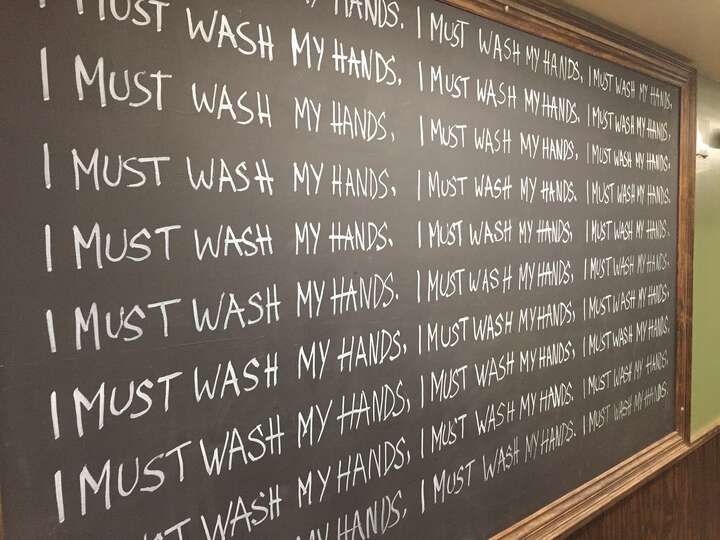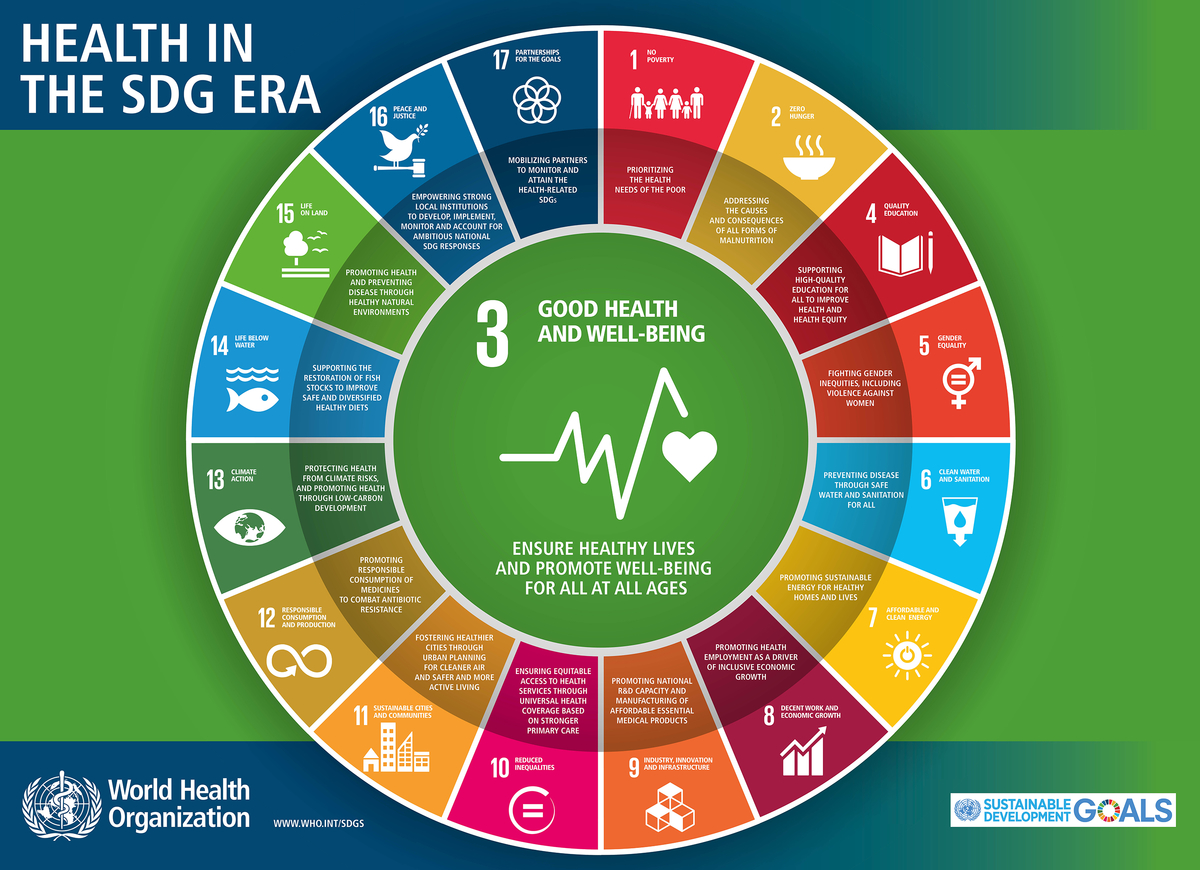
by Pamela Bongkiyung, Prof Russell Stothard, Prof Louis-Albert Tchuem Tchuente
Today Sunday, October 15th, we celebrate Global Handwashing Day, a day dedicated to global advocacy on increasing awareness and understanding on washing hands with soap, thereby preventing several communicable diseases. This awareness it is hoped will increase participation and save lives from preventable diseases.
Since the campaign launched in 2008, it has garnered enough support to be celebrated in over 100 countries with over 100 million people participating each year. The Global Handwashing Day aims to:
- Foster and support a global and local culture of handwashing with soap
- Shine a spotlight on the state of handwashing around the world
- Raise awareness about the benefits of handwashing with soap
According to a 2014 UNICEF report on Levels & Trends in Child Mortality, diarrhoea accounts for 9 per cent of leading causes of death among children under five. Each day, nearly 1,000 children die due to preventable water and sanitation-related diarrhoeal diseases. Diarrhoea is easily transmitted where poor hygiene and sanitation are rife. Pneumonia, diarrhoea and malaria accounted for 1.3 million of under-five deaths in sub-Saharan Africa and roughly half a million in Southern Asia in 2014. Accelerating the reduction in under-five mortality rates is possible through expanding preventive and remedial interventions.
As far back as 2010, UNICEF developed an advocacy pack to inform and support planning of activities to raise the profile of WASH (Water, sanitation and hygiene) in schools around the world. This pack was created as part of its campaign ‘Raising Clean Hands: Call to Action for WASH in Schools’.
But what has all this got to do with Neglected Tropical Diseases(NTDs)? For those in the NTD world, this day is of great significance as handwashing is a good habit to develop for a sustainable and long-term control on preventing infection or re-infection with diseases such as soil-transmitted helminthiasis (STH). According to the World Health Organisation (WHO), around 1.5 billion people are infected with STH worldwide. STH are caused by infection with the roundworm (Ascaris lumbricoides), whipworm (Trichuris trichiura) and hookworms (Ancylostoma duodenale or Necator americanus). They are among the commonest infections especially those living in poverty.
These STH diseases thrive in warm, tropical environments, where sanitation is inadequate. Parasite eggs and larvae are excreted in the faeces of infected individuals which contaminate the environment, particularly the soil. People are infected through ingestion of roundworm or whipworm eggs on contaminated foods or by direct skin penetration of hookworm larvae from the ground.
When individual children harbour large numbers of these worms it can lead to bowel obstruction and iron deficiency anaemia which, over time leads to malnutrition and growth impairment.
Improving hand hygiene before eating and safe disposal of faecal material is important. The 6th goal of the Sustainable Development Goals (SDGs) which continues the legacy of the Millennium Development Goals (MDGs) states: ‘ensure clean water and sanitation for all’. WHO estimates at least 1.8 billion people around the world use a source of drinking water that is contaminated by faeces. With 2.4 billion having limited to no access to basic sanitation services such as toilets or latrines, we can see how lasting control of STH is a challenge.

Reason why handwashing and WASH in general are crucial to the elimination of NTDs. The latest Guideline: preventive Chemotherapy to control soil-transmitted helminth infections in at-risk population groups published by WHO last month, emphasises long-term solutions to STH require improvements in water, sanitation and hygiene. The Fourth WHO Report on Neglected Tropical Diseases titled ‘Integrating Neglected Tropical Diseases into Global Health and Development', indicates that providing safe water, sanitation and hygiene is critical for preventing and providing care for most NTDs but tends to be neglected relative to its importance. The report warns that without concerted effort to improve access to safe WASH, diseases will return to higher prevalence levels.
The COUNTDOWN programme which is multidisciplinary in its make-up has tackled this issue by participating in discussions with intersectoral partners to engage in knowledge-brokering and taking a collaborative approach to knowledge share in the process. In the current health environment where capacities are distributed, coming together to seek solutions to universal problems such as these, is paramount. The COUNTDOWN team published a paper in Trends in Parasitology entitled “Tailoring water, sanitation and hygiene (WASH) targets for soil-transmitted helminthiasis and schistosomiasis control.”
You can read more from COUNTDOWN relating to STH here.
How can you participate in the global handwashing movement? Choose from this Lazy Person’s Guide to Saving the World or share with us your experiences working in this sector in the comment section and join us on social media for further interactions.
Twitter: @NTDCOUNTDOWN @NTDGHCOUNTDOWN @COUNTDOWNNTDCAM
Partner Website: http://countdowncameroon.org/
